Past Events
Program
15:45 – 16:10 Raf de Bont – Stations in the Field: A History of Place-Based Animal Research, 1870-1930
16:10 – 16:35 Marcel Boumans – Science outside the Laboratory: Measurement in Field Science and Economics
16:35 – 16:50 Debate between the authors
17:50 – 17:15 General discussion with the audience
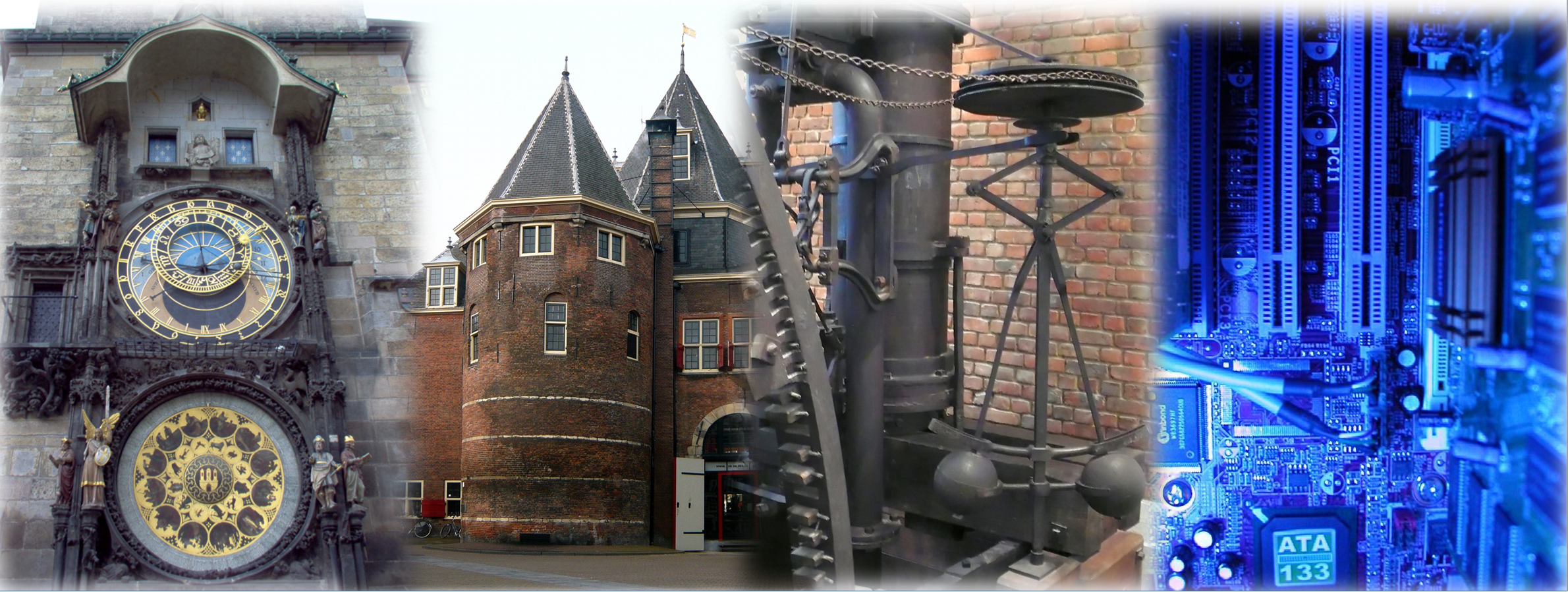
Frans van Lunteren on Machines as Metaphors
Read more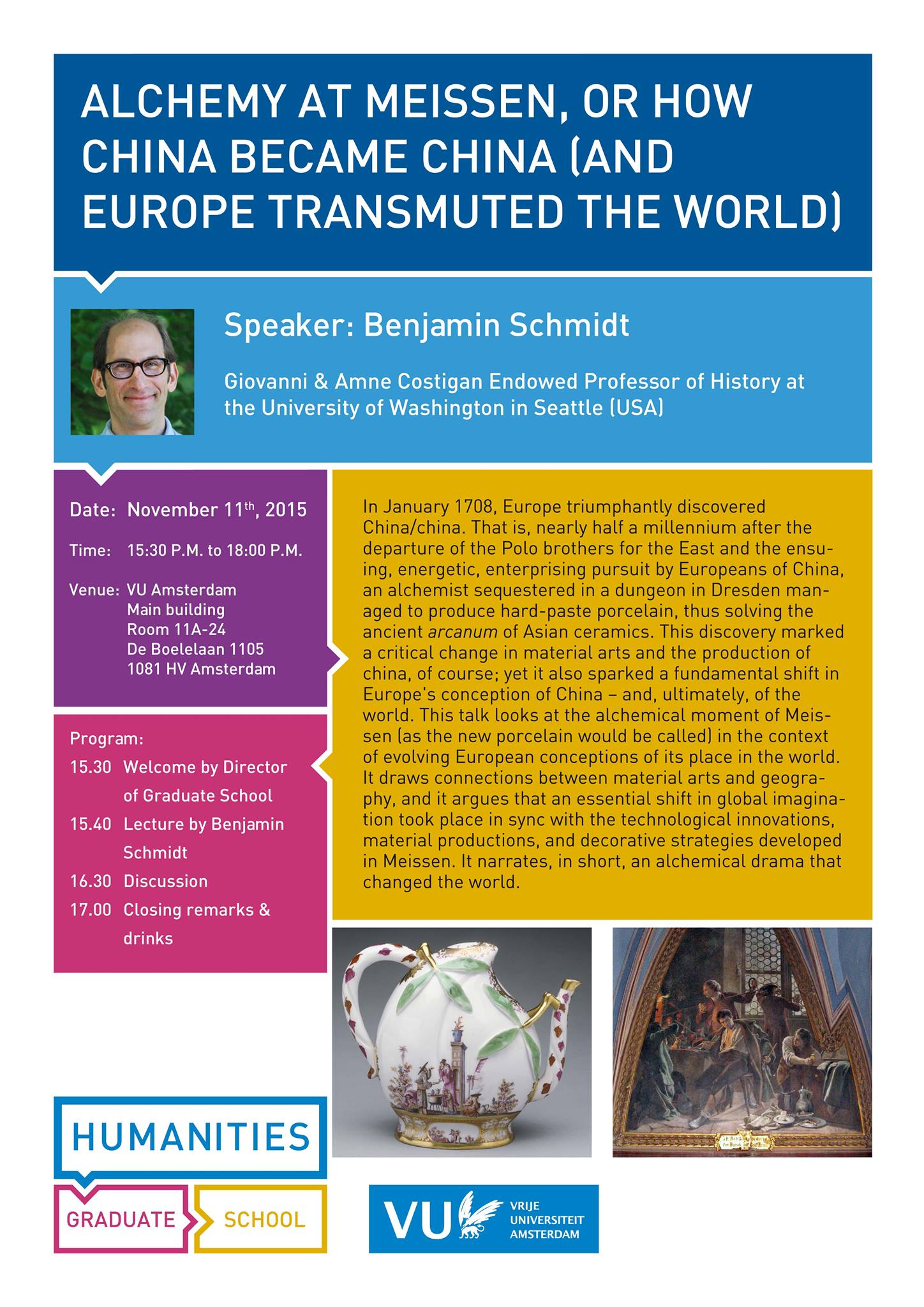
Stevin Seminar / Graduate Lecture Benjamin Schmidt
Read moreLecturer: Dr. David Ludwig
Read more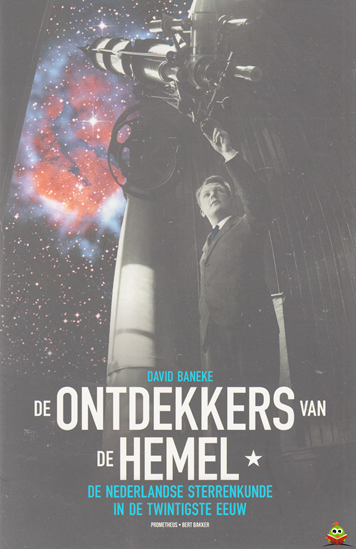
Discussiemiddag met wetenschapshistoricus David Baneke over zijn nieuwe boek De ontdekkers van de hemel. De Nederlandse sterrenkunde in de twintigste eeuw.
Read more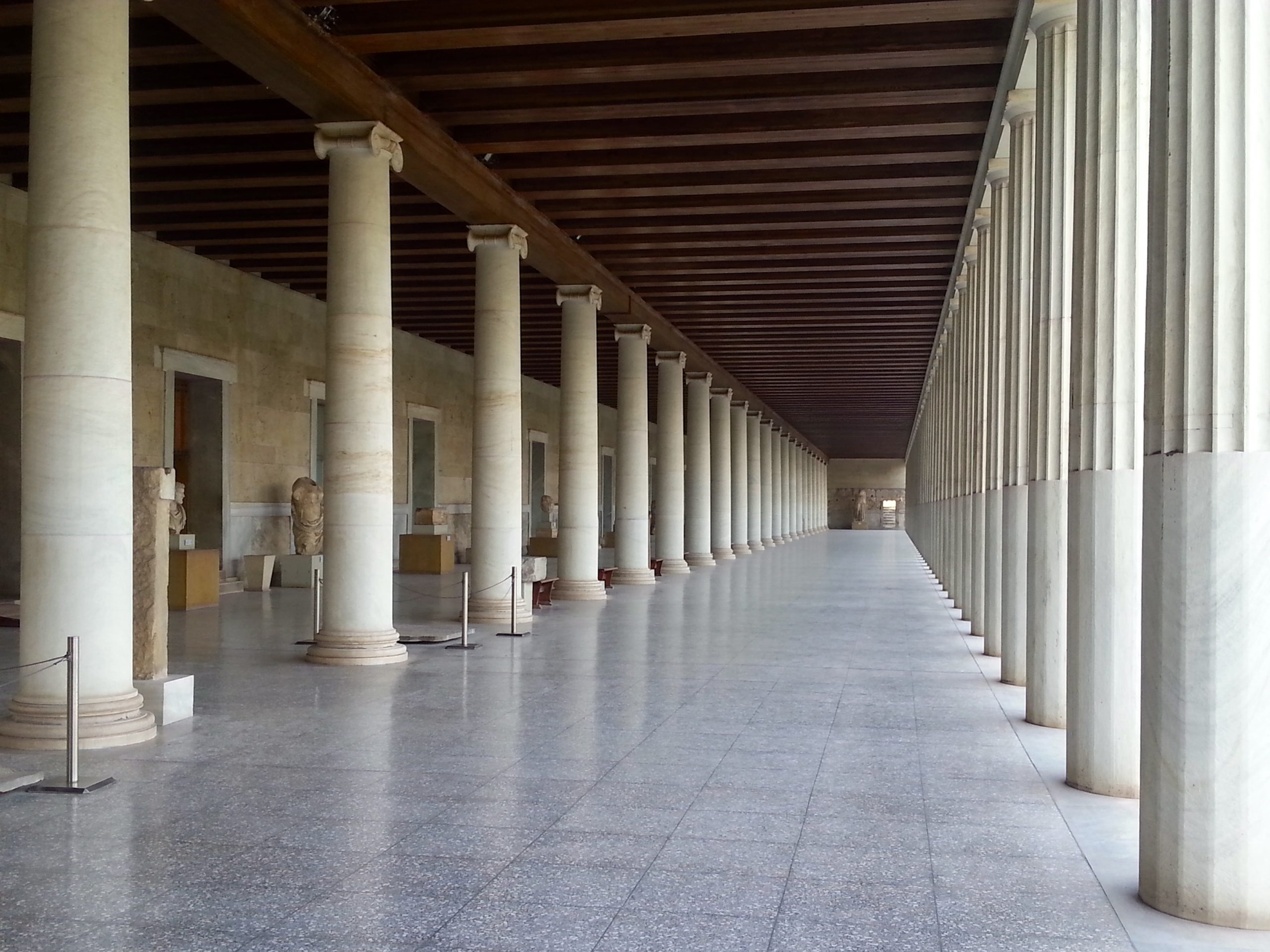
Stevin seminar with Wouter Goris, professor of the history of ancient, patristic and medieval philosophy at the Vrije Universiteit
Read more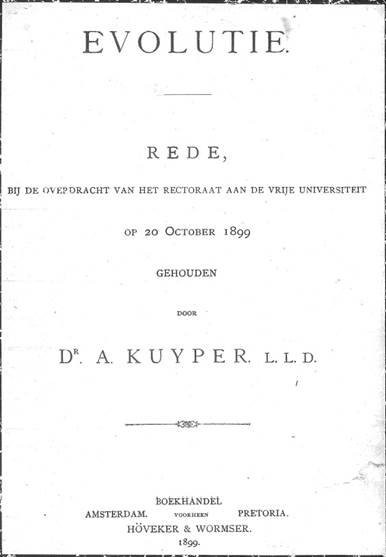
Met Gijsbert van den Brink, URC-hoogleraar Theologie en wetenschap aan de Faculteit der Godgeleerdheid.
Read more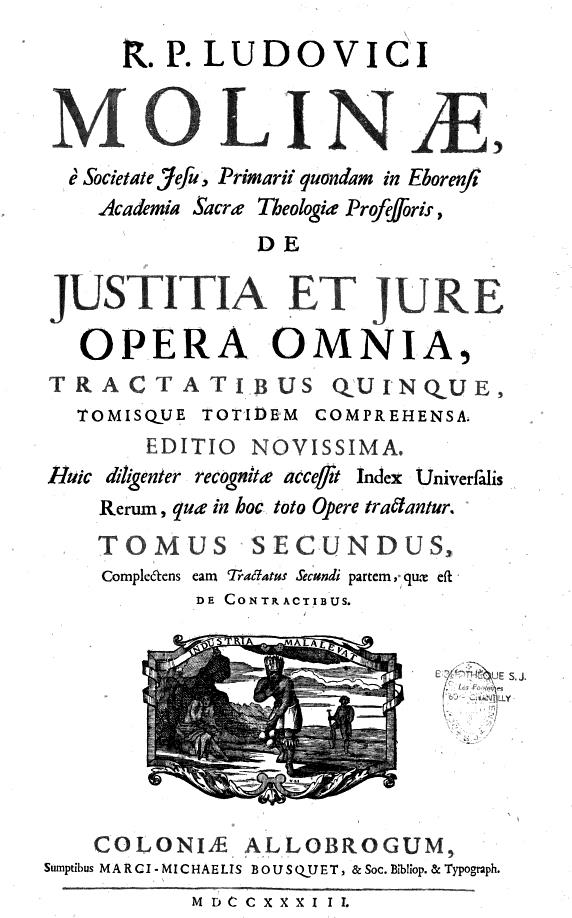
Stevin seminar with Niels de Bruijn. Afterwards drinks in The Basket.
Read more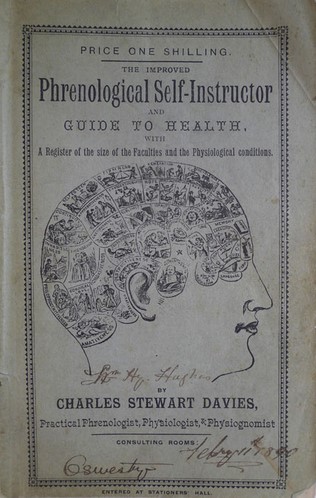
Stevin Seminar with Fenneke Sysling
Read more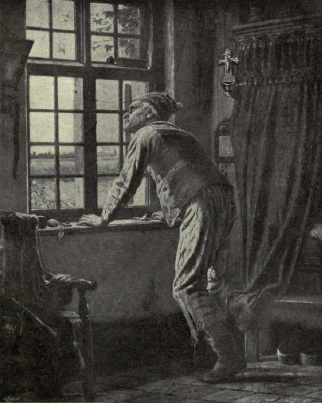
Stevin Seminar with Azadeh Achbari. Afterwards drinks in The Basket.
Read more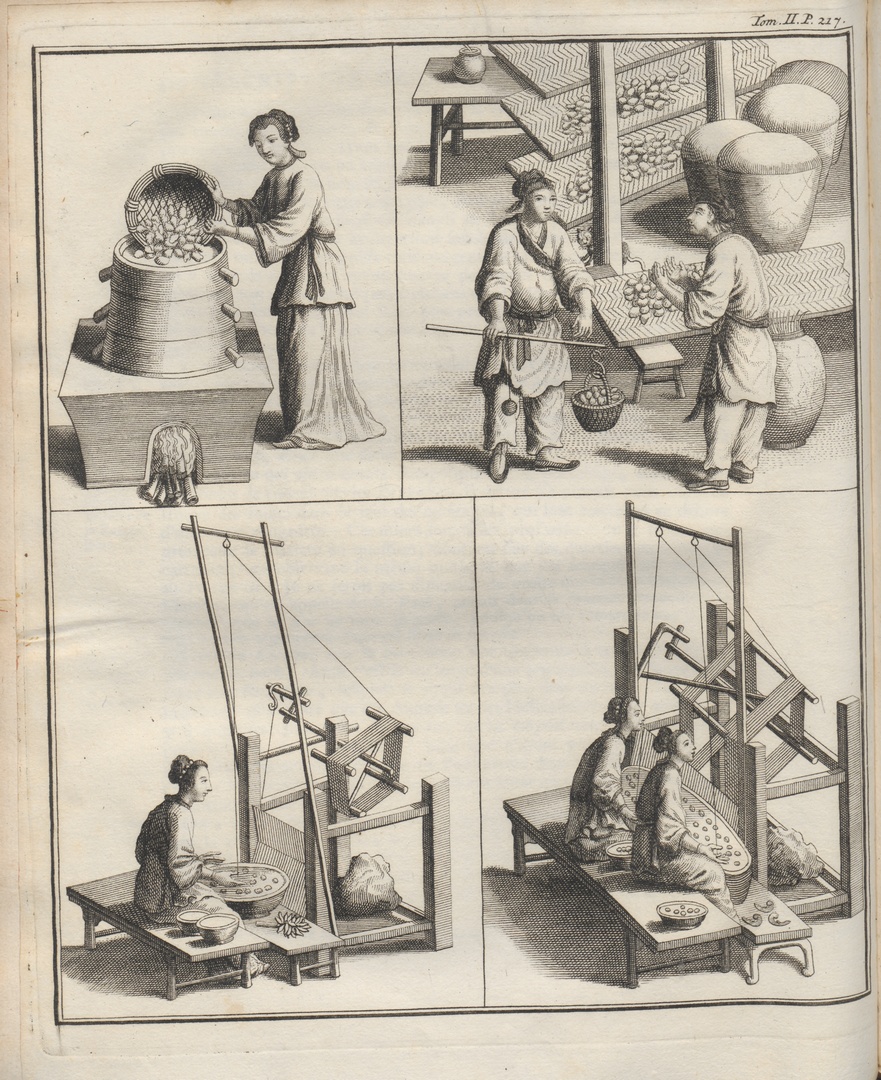
Stevin Seminar with Frasie Hertroijs. Afterwards drinks in the Basket.
Read more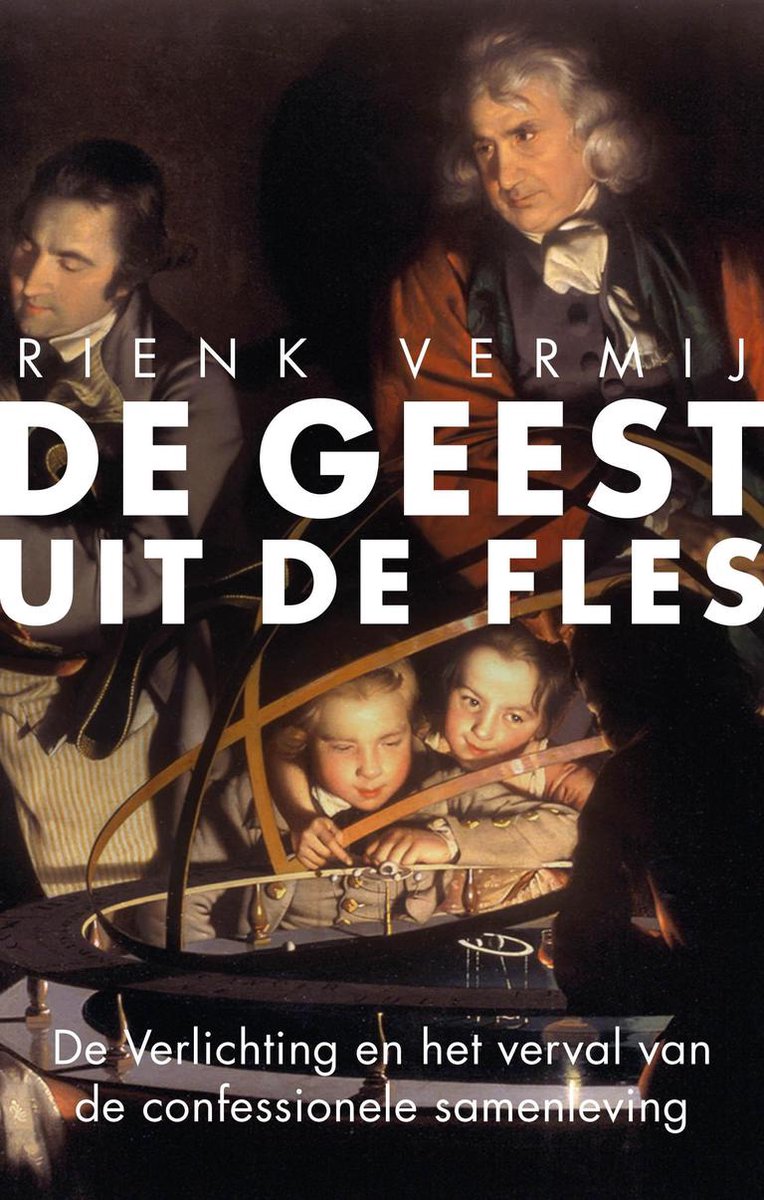
RIENK VERMIJ will give an introduction. Then HENRI KROP (philosophy, EUR), WOUTER VERAART (philosphy of law, VU) and IDA STAMHUIS (history of exact-natural science, VU) will react, each from her/his expertise. Plenary discussion.
Read more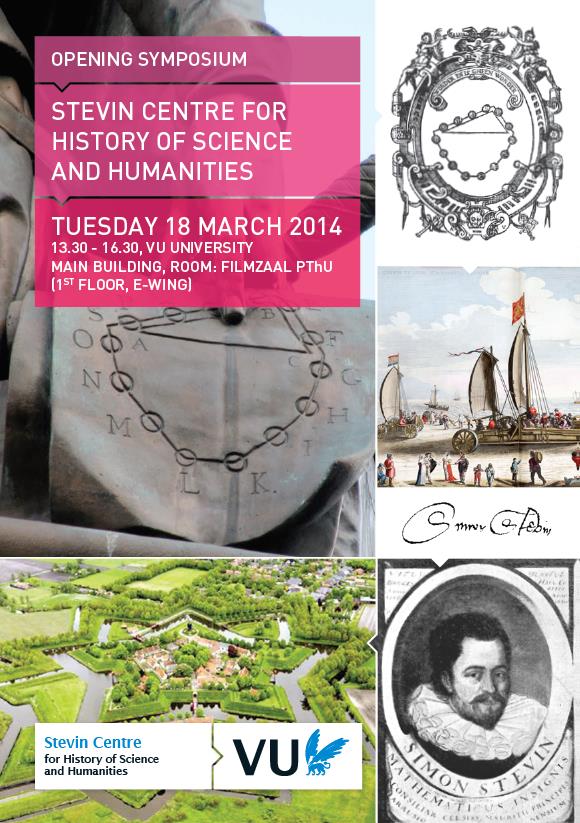
Opening Symposium Stevin Centre for History of Science and Humanities
Read more
